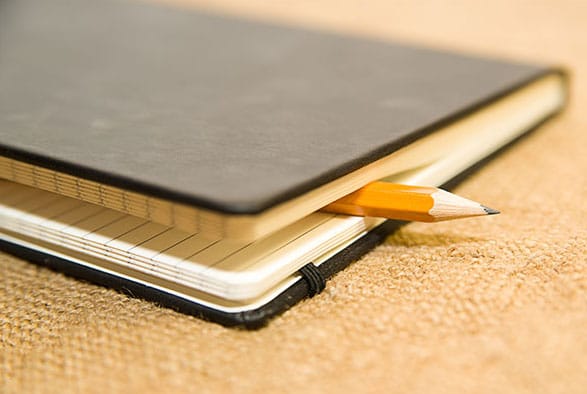Living with an overactive bladder (OAB) can be challenging but you’re not alone. Family members, friends, healthcare professionals and other OAB sufferers can prove a rich source of support and ideas. With help and a little planning, you can successfully manage your OAB symptoms at home or away. Here are a few tips to help you cope with some of the day-to-day challenges:
Out and about
- If you’re planning a shopping trip or going to a restaurant, limit your liquid intake a few hours beforehand and check bathroom locations as soon as you arrive.
- Eating out? It may be a good idea to cut back on the wine/beer as alcohol can aggravate your OAB symptoms.
- If you’re attending a concert or sporting event, purchase seats close to the restrooms and, once there, take a bathroom break before lines get long.
Ground travel
- It may sound obvious but, if you need regular access to a toilet, be sure to select a method of transport that includes a toilet. If you’re travelling by bus, call ahead before booking and make sure there is a bathroom facility on board.
- Book your train or bus ticket ahead of time and reserve a seat close to the toilet. Most travel services have an online booking facility that allows you to select your seat.
- If you’re travelling by car then make a note of where the service stations are.
- It’s important to know what your bladder irritants are and avoid them while travelling. These bladder triggers include caffeinated drinks, alcohol, fizzy drinks, and spicy or acidic foods.
- If you’re embarking on a long journey, don’t skimp on drinking water during travel to cut down on bathroom trips, as this strategy may backfire. Not drinking enough fluid can cause your urine to be more concentrated, which is an irritant to the lining of the bladder and can trigger spasms.
Air travel
- When you’re booking your airline ticket, try to book an aisle seat near a lavatory.
- If you’re worried about long queues at the airport check-in desk, you may be able to check in online and print off your boarding pass ahead of time.
- Long queues at the airport security control are also a daunting prospect for the OAB sufferer but you could try scheduling flights on off-peak hours (4-7 am and 3-6 pm), which should eliminate or reduce this problem.
- Also, guard against loss by bringing any medication and items you are likely to need during the flight and waiting periods at each end of your journey in your carry-on luggage.
- Most airlines allow extra hand luggage for medical reasons so don’t be afraid to ask when you book.
- On airplanes, be especially careful not to overdo bladder irritants such as coffee, tea, alcohol, and soft drinks.
Holiday checklist
- If you’re taking medication for your overactive bladder, and are planning to go away on holiday, make sure you have enough medication with you for the duration of your trip away.
- When you travel, stay on the medication schedule you're used to at home, even though your routine while away may be very different.
- Remember to bring absorbent pads with you, both for convenience and in case you can't find them at your destination. Bring a small plastic bag in which you can put any soiled clothing or discarded pads. Spare, clean underwear tucked into your purse or backpack is also a good idea.
- Check what facilities are available at your holiday accommodation before you book; an en-suite bathroom is the obvious requirement.
- If nocturia is a problem for you, ask if bed protection can be supplied where you are staying or take a generously sized waterproof sheet or pad with you.
- Plan ahead to locate public restrooms. For example, there are applications for your smartphone or tablet available that use your current location to find the nearest publicly accessible bathrooms worldwide (eg. Toilet Quest-Finder).
- Depending on your country of travel, public toilets may be few and far between. It can be easier to find a toilet in a hotel, bar or restaurant, or in a shopping centre.
- Some countries operate a scheme whereby people with bladder problems can apply for a special ‘key’ which gives them access to many thousands of locked toilets for disabled people (eg. the RADAR key in the UK and the European Disabled Toilet Key in many cities in Germany, in Austria, Switzerland and already in some other European countries), check if there are any such schemes in your destination country and whether you qualify to get one.
- The universal word for bathroom is usually “toilet,” but not everywhere. Before your trip, learn the right word from an online language translator, so you can ask for it in the local language. Write it on an index card and flash it when needed.
OAB at work
- Put your work routine to good use by incorporating your bladder-training regimen into your work schedule.
- Try to avoid caffeinated drinks during your work breaks; they can irritate your bladder. Try herbal tea instead.
- If necessary, talk with your boss about locating your workstation closer to the bathroom.
- Take a bathroom break before you start work and before meetings.
- If your worried about a wetting accident, keep fresh clothes available at work.
- While you’re sitting in a meeting, make use of this time by doing your pelvic floor exercises. No one will notice.
OAB in the bedroom
- In general, you should not reduce how much you drink as this can concentrate the urine, which is a bladder irritant, however, it may help to cut down on drinking for a few hours before bedtime (or sex).
- If you’re worried about leakages during the night, there are some very effective absorbent bed sheets or protective pads that you can use.
- Drinking alcohol can worsen OAB symptoms, which can interrupt your sleep. It may be time to cut back.
- Discussing OAB with your partner isn't simple, but it may offer a big boost to your relationship. Getting the problem into the open can lead to greater affection and trust.
- Before sex, empty your bladder. This is particularly important if you have ‘wet OAB’ or urge incontinent because it will reduce the risk of having an accident.
Be motivated
- Many people feel that setting goals helps improve their bladder symptoms. Write down some goals that you have for the next three months.
OAB support aids
There are many products and devices available to help you manage your bladder problems. If you are a little embarrassed about going to the shop or pharmacy to buy incontinence pads or other products, you can order products easily online.
What’s available?
- Incontinence pads are available for both men and women and come in a variety of sizes and absorbencies for light, moderate and severe urinary incontinence. Some fit discreetly into your own underwear to ensure total confidence and protection. Others are larger and may be worn inside special incontinence stretch pants. Most ranges have an odour control facility for total piece of mind.
- Incontinence stretch pants are specifically designed to hold large incontinence pads in place. They are figure-hugging, to ensure a secure fit and reduce the risk of leakage.
- Washable briefs, for men and women, look and feel just like everyday underwear but provide the additional security of an extra absorbent built-in incontinence pad offering comfort and discreet support for mild urinary incontinence.
- Disposable pull-up pants are worn just like normal underwear enhancing the users feeling of freedom and dignity. They are available in different sizes and absorbency levels.
- Waterproof mattress protectors are available that will protect your mattress from accidents due to bed-wetting or incontinence.
- Incontinence bed pads are designed to have a high level of absorbency for your peace of mind.
- A catheter may be prescribed if urinary incontinence cannot be treated and depending on the severity of urine leakage. A catheter is a thin tube that is used to drain urine from the bladder.
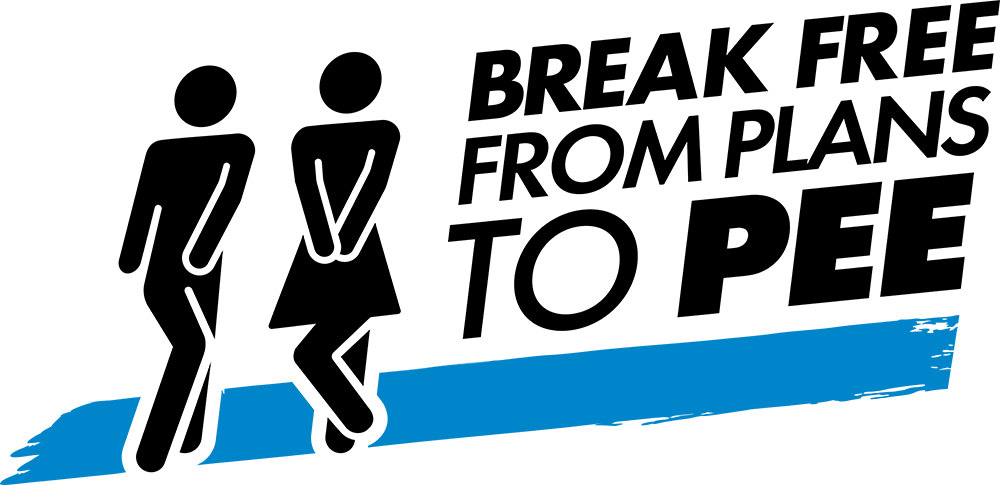
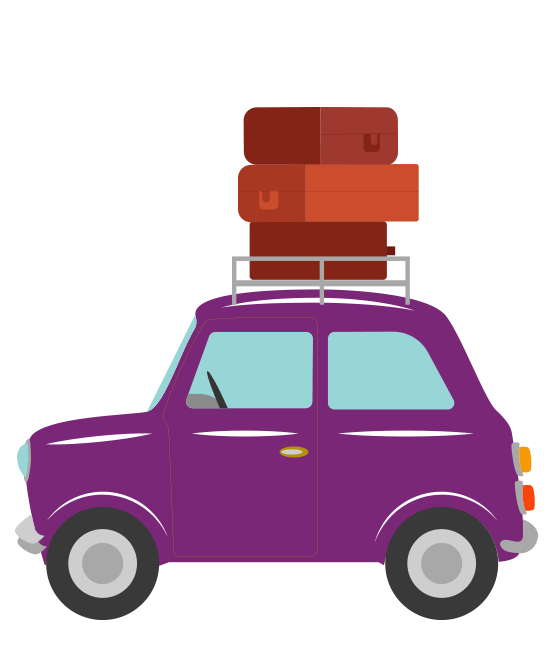
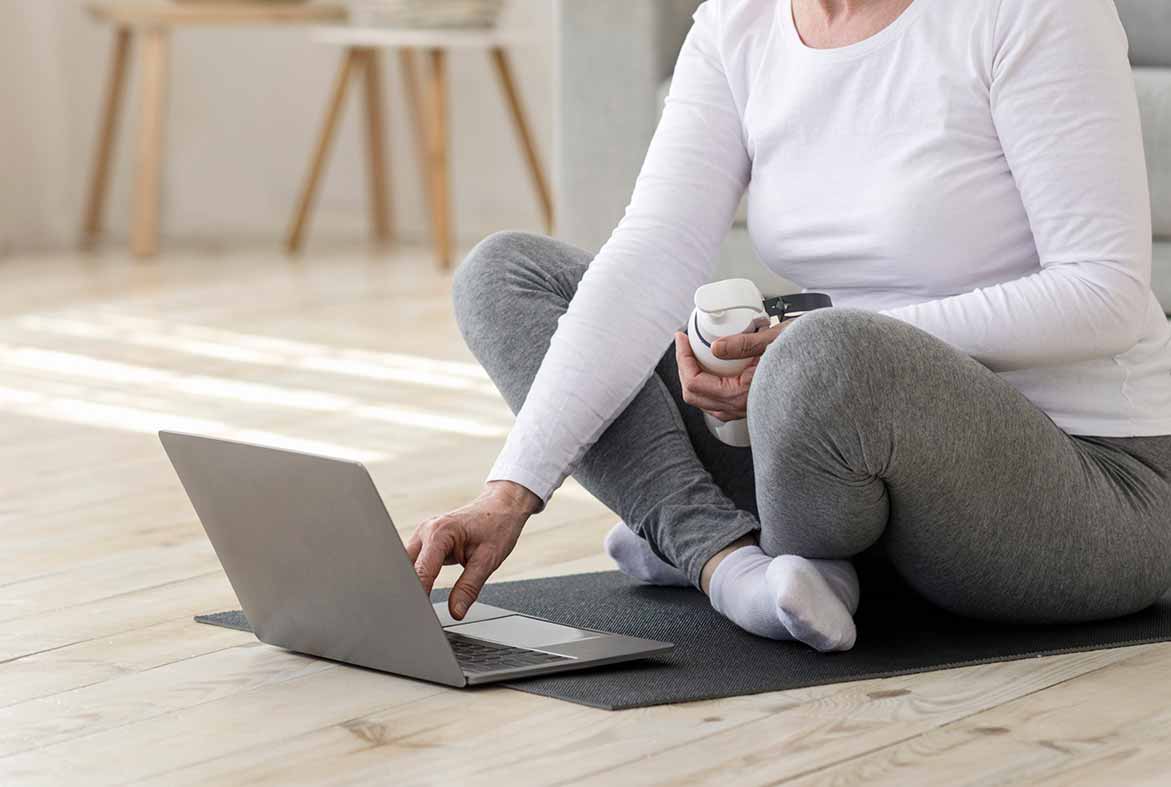
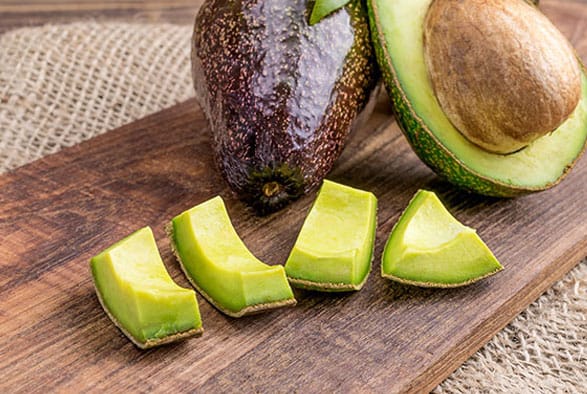
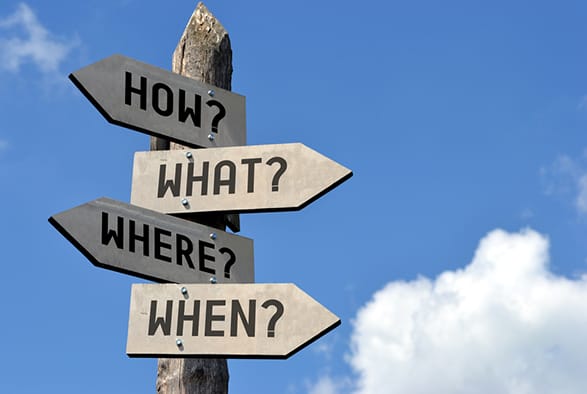
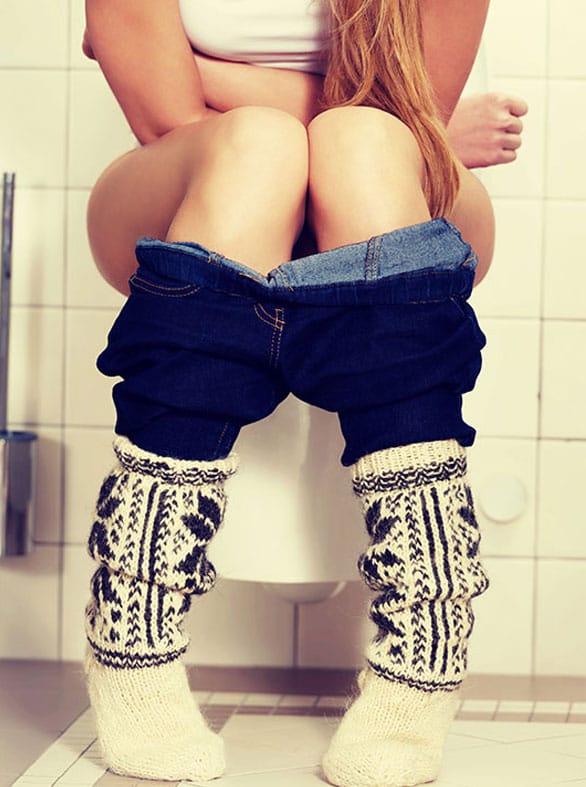
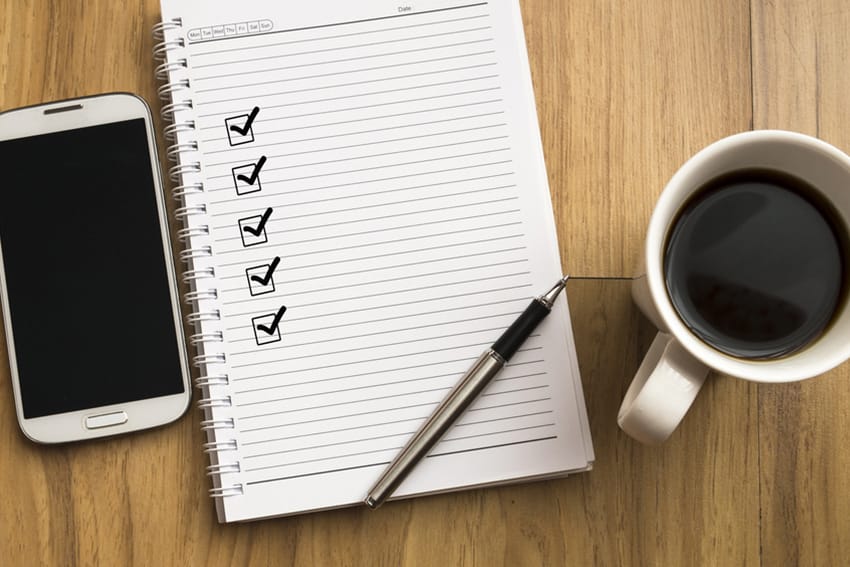 >
>
